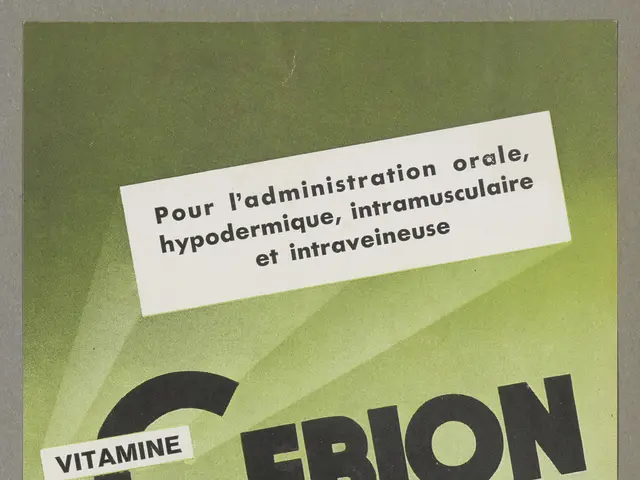Giving Older Pregnant Women More Choices: The Rising Tide of Non-Invasive Prenatal Testing in Bavaria
Each female individual undergoes Trisomy testing every now and then - Half of expectant mothers undergo testing for trisomy conditions.
In the bustling city of Munich, Bavaria, a new wave is sweeping through pregnant women - the rise of non-invasive prenatal testing (NIPT) for genetic abnormalities like Trisomies 13, 18, and 21. The latest statistics from health insurer Barmer show a sharp increase in the number of mothers-to-be opting for these tests, rising from 31.7% in 2023 to 52.1% in the past year.
Interestingly, it's elderly expectant mothers who are most drawn to this testing. A whopping 72% of women over 36 chose to undergo NIPT, as per Barmer's data. Alfred Kindshofer, the state manager for Barmer, sheds light on the reasoning: "Trisomies may be rare at any age, but their occurrence increases with age."
However, the objective of covering NIPT costs by health insurers—to minimize invasive prenatal procedures like amniocentesis, posing risks of preterm labor, infections, or bleeding—seems to be yet unmet. Barmer's findings so far lack evidence of a decrease in invasive tests due to NIPT's introduction.
Trisomies are chromosomal disorders that can cause physical deformities, intellectual disabilities, and shortened lifespans. Down syndrome (Trisomy 21) is the most common and, while many affected individuals experience only mild impairments and can live independently as adults, children with Trisomy 13 or 18 often bear severe malformations and have a significantly reduced life expectancy.
NIPT presents several advantages for older pregnant women:
- Early Detection: With NIPT, expectant mothers can test as early as 10 weeks into pregnancy, hence making crucial decisions about their pregnancy trajectory earlier.
- Reduced Risk: By lowering the need for invasive tests, NIPT lessens the associated risks.
- Increased Confidence: While NIPT is not exhaustive, it provides a high level of accuracy in screening, offering reassurance or motivating additional testing if needed.
Though NIPT is not without flaws. It isn't a diagnostic test and cannot guarantee a definite diagnosis. If NIPT signifies a high risk, further diagnostic testing is advised to confirm the condition.
All in all, NIPT has worked wonders in offering a safer initial screening option, empowering mothers-to-be to make well-informed decisions in their pregnancy journey.
The rise in non-invasive prenatal testing (NIPT) for genetic abnormalities in Bavaria, such as Trisomies 13, 18, and 21, has given older pregnant women, particularly those over 36, the opportunity for early detection, reduced risk, and increased confidence through the testing process. Concurrently, the importance of vocational training in health-and-wellness field becomes increasingly significant, as science advances and new prenatal testing methods are continually developed. This community policy should ensure that every woman has access to accurate information about prenatal testing, encouraging informed choices and supporting the reduction of invasive procedures.




